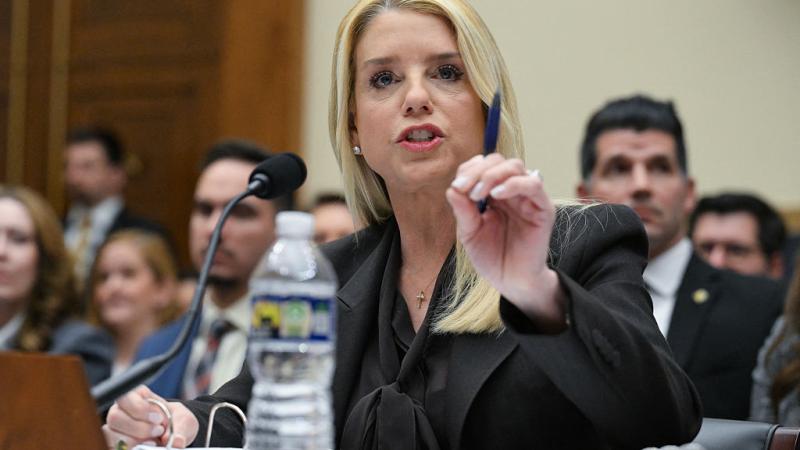FTC bans noncompete agreements that prohibit employees from switching jobs
The Democratic-led commission voted in favor of the ban in a 3-2 ruling, which will go into effect in August, but the two Republicans on the commission claimed the FTC does not have jurisdiction to create or enforce the rule.
The Federal Trade Commission (FTC) on Tuesday voted to ban companies nationwide from using noncompete agreements to prohibit employees from taking new jobs in their industry.
The Biden administration has pushed the FTC since 2021 to make changes to its noncompete policies, which can affect even low-level employees who are not entitled to trade secrets. The FTC first proposed the idea in January of 2023, claiming it could "increase wages" and "expand career opportunities."
The Democratic-led commission voted in favor of the ban in a 3-2 ruling, which will go into effect on Aug. 21, 2024. The two Republicans on the agency’s commission voted against the ban, claiming that the FTC does not have jurisdiction to create or enforce the rule, according to CBS News. The ruling is expected to be challenged by businesses in courts.
“Noncompete clauses keep wages low, suppress new ideas, and rob the American economy of dynamism, including from the more than 8,500 new startups that would be created a year once noncompetes are banned,” FTC Chair Lina Khan said in a statement. “The FTC’s final rule to ban noncompetes will ensure Americans have the freedom to pursue a new job, start a new business, or bring a new idea to market.”
For most employees, existing noncompete agreements will not be enforceable after August, but they will remain enforceable for senior executives, the Wall Street Journal reported. Senior executives cannot enter into new noncompete agreements.
The commission found that there are multiple avenues for businesses to protect themselves if employees decide to jump ship. These methods include invoking trade secret laws and requiring employees to sign non-disclosure agreements.
The United States Chamber of Commerce has already announced that it plans to sue the FTC over the rule as early as Wednesday. The chamber said it agrees with the Republican members of the FTC, that the commission does not have the ability to create the rule, and is expected to ask a federal judge to invalidate the new policy.
“If they can issue regulations with respect to unfair methods of competition, then there’s really no aspect of the U.S. economy they couldn’t regulate,” Neil Bradley, head of strategic advocacy for the Chamber, told the WSJ.
















